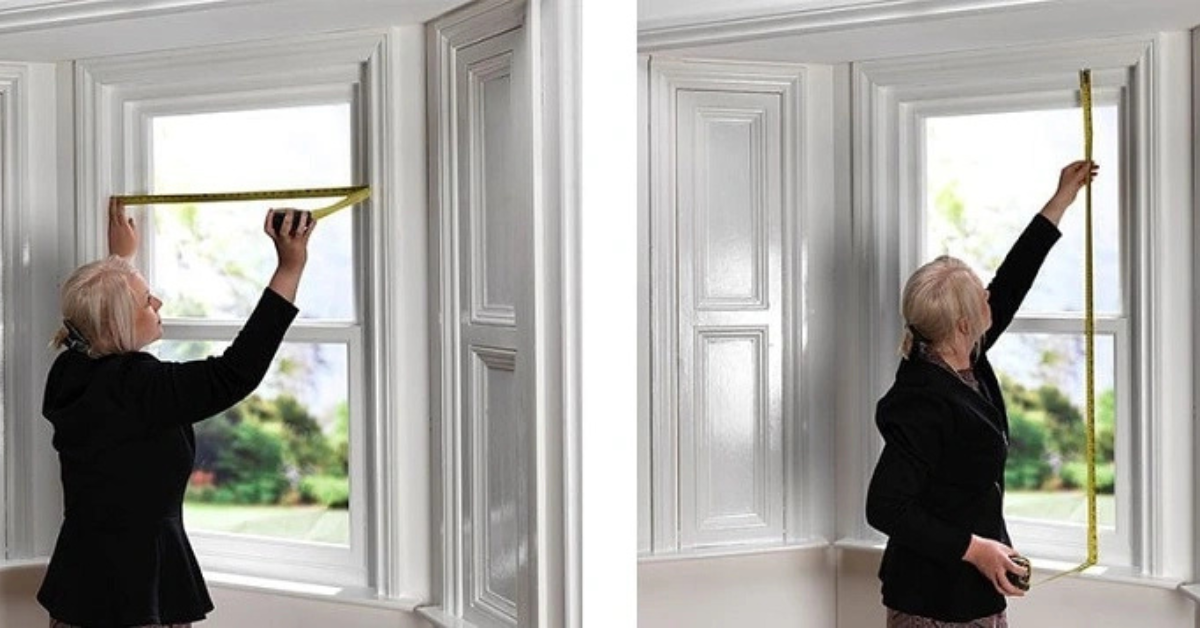Curtain Sizes Guide: How to Choose the Right Fit for Any Room

Strong 8k brings an ultra-HD IPTV experience to your living room and your pocket.
Curtains are more than just a window covering—they add style, provide privacy, and control natural light in your home or office. But to achieve that perfect look and functionality, choosing the right size is key. Understanding the standard curtain sizes helps you select panels that not only fit your windows properly but also enhance the overall decor of your space. In this guide, we’ll walk you through everything you need to know about curtain sizes, including how to measure your windows and tips for getting a flawless fit.
Why Curtain Size Matters
The wrong curtain size can ruin the entire look of a room. Curtains that are too short may look awkward and unfinished, while those that are too narrow might not cover the window properly. Getting the right size ensures not only an elegant appearance but also better light control, insulation, and privacy.
Understanding Standard Curtain Sizes
Curtains come in a range of standard sizes, making it easier to find ready-made options that fit common window dimensions. However, knowing what those standard sizes are can help you make quicker and more informed decisions.
Standard Curtain Lengths:
63 inches (160 cm): Ideal for small or kitchen windows.
84 inches (213 cm): A popular choice for most standard windows.
95 inches (241 cm): Great for floor-length looks in living or dining rooms.
108 inches (274 cm): Perfect for rooms with high ceilings.
120 inches (305 cm): Used for dramatic, puddled curtain styles.
Standard Curtain Widths:
The width of a curtain panel usually ranges between 40 to 60 inches (100–150 cm).
A general rule is to choose curtain panels that are 1.5 to 3 times the width of your window to get a full, gathered look when closed.
These sizes are designed to fit standard window frames, but for oversized or uniquely shaped windows, custom curtains are often the better choice.
How to Measure for Curtains
Measuring correctly is essential to selecting the perfect curtain size. Here’s a step-by-step guide:
1. Measure the Width
First, measure the width of your window, including any trim.
For curtain width, multiply the window width by 1.5 to 3, depending on how full or pleated you want the curtains to appear.
For a standard look, use 1.5x the width.
For a fuller, luxurious look, go for 2x to 3x.
2. Measure the Height (Length)
Decide where you want the curtains to fall:
Sill-length: Ends just above or below the window sill.
Apron-length: Ends 4 to 6 inches below the sill.
Floor-length: Ends just above the floor.
Puddle-length: Extends 1–3 inches onto the floor for a romantic, elegant effect.
Measure from the curtain rod (or where you plan to mount it) down to the desired length.
3. Mounting Considerations
For a taller, more dramatic look, hang your curtain rod 4–6 inches above the window frame or even closer to the ceiling.
Extend the rod 3–6 inches beyond the window on each side so the curtains don’t block light when open.
Types of Curtain Headers & Their Impact on Size
The style of curtain header also affects the final length:
Rod Pocket: Sits directly on the rod; usually hangs slightly shorter.
Grommet/Eyelet: Has metal rings; adds a wave effect and hangs about an inch above the rod.
Tab Top: Fabric loops over the rod; similar to grommet but more relaxed.
Pleated (Pinch or Box): More formal look and often used with hooks; very precise sizing needed.
Make sure to account for header style when calculating curtain length.
Custom Curtains vs. Ready-Made
✅ Ready-Made Curtains:
Convenient and budget-friendly
Available in common sizes and styles
Limited flexibility in size and fabric choices
✅ Custom Curtains:
Made to your exact window measurements
Better suited for large, arched, or unusually shaped windows
Offers full control over fabric, lining, header style, and length
Often more expensive, but provides a perfect, tailored fit
Pro Tips for Choosing the Right Curtain Size
Always go longer rather than shorter—you can always hem the fabric.
If you're unsure, measure twice. Accuracy is key to getting a polished look.
Use double rods for layering sheers with blackout panels.
For a hotel-like feel, let your curtains “kiss” the floor or puddle slightly.
For small rooms, hang curtains higher and wider to create the illusion of larger windows.
Final Thoughts
Curtains are a vital part of interior design, and getting the right size makes all the difference. Whether you’re buying ready-made panels or investing in custom drapes, understanding curtain sizes—from standard dimensions to precise measuring techniques—ensures you’ll get the perfect look and functionality for your space.
So before you buy, take the time to measure correctly and understand your options. With the right size curtains, you can dramatically enhance your home’s comfort, appearance, and value.
Note: IndiBlogHub features both user-submitted and editorial content. We do not verify third-party contributions. Read our Disclaimer and Privacy Policyfor details.




